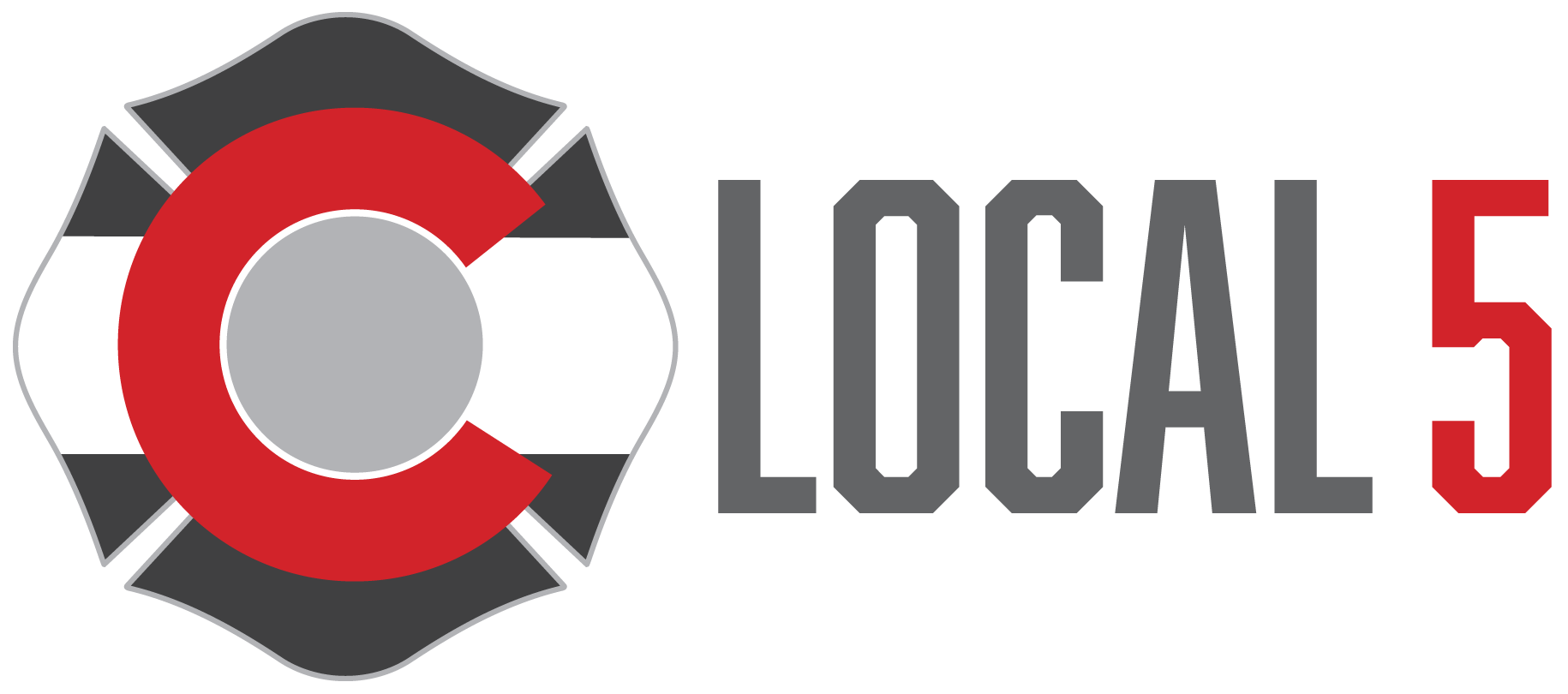|
State bill 25, if passed, would place Colorado in the company of about 30 other states, by allowing governmental agencies and fire fighters to come together to address and solve workplace issues in a cooperative and productive manner, thus promoting more effective and efficient delivery of emergency services. Studies have shown that communities promoting such cooperation enjoy more effective and efficient delivery of emergency services.
The act applies only to paid fire fighters, not to volunteers. No state employees are covered nor are any other local employees. Modeled primarily on the charter provisions that have existed successfully for decades between fire fighters in Denver and Aurora, this act specifically prohibits strikes and does not create binding interest arbitration. Rather, this act creates an advisory fact-finder system that serves to bring parties together to resolve workplace issues. In the event that the parties are unwilling to accept the advisory fact-finder’s determinations, this bill places the ultimate decision of whether to adopt either of the parties’ proposals in the hands of the people of the public entity.
The act has been designed to make the process of creating bargaining units as easy as possible. Unlike in many other states that utilize a complicated administrative procedure with a public employee labor relations board to determine, on a case-by-case basis, an appropriate bargaining unit and what employees are in that unit, this act has clear and simple definition of fire fighter based on the statute that created the Fire and Police Pension Association. Thus the only administrative involvement by the State would be for the Director of Labor to contact the American Arbitration Association, an experienced non-profit body, so it can conduct an election (if the public entity does not voluntarily recognize the employee organization).
For example of how this system would work, let’s say a group of non-unionized fire fighters in a city/district have some safety concerns related to the fire resistance of their uniforms. Today, the only thing those fire fighters can do is try to talk to their administration or elected officials. In some cities/districts they are even prohibited from talking with the elected officials. Even if they are allowed to talk, there is no assurance that they will be heard. Under this act, once the employee organization becomes the bargaining agent, this issue, including its necessity and cost, can be part of a process that requires good faith negotiations by both sides. Such negotiations involve the exchange of information and ideas and often result in give and take that leaves both sides better off. If the parties reach an impasse on this or other issues, they present their facts and arguments to an advisory fact-finder in a hearing and receive a recommendation as to each of issues at impasse. If either party disagrees with the advisory fact-finder’s recommendations, a special election, paid for by the party rejecting those recommendations, will be held, presenting each of the party’s proposals to the electorate. The whole process is designed to encourage voluntary agreements, to prohibit unnecessarily prolonged negotiations and to fit with the budgeting requirements of the public employer. In terms of the bottom line, this means, no union-requested expenditures, pay increases, or changes in benefits for fire fighters, unless either the employer agrees with a union’s request, or unless a majority of people in the local community agree that the union’s proposal is appropriate. The act does no more than create a fair process for fire fighters and cities/districts to present their concerns and evidence to each other or to a neutral in an effort to reach an agreement. If those efforts fail, the voters have the final authority over the compensation, hours and working conditions of their fire fighters.
|

